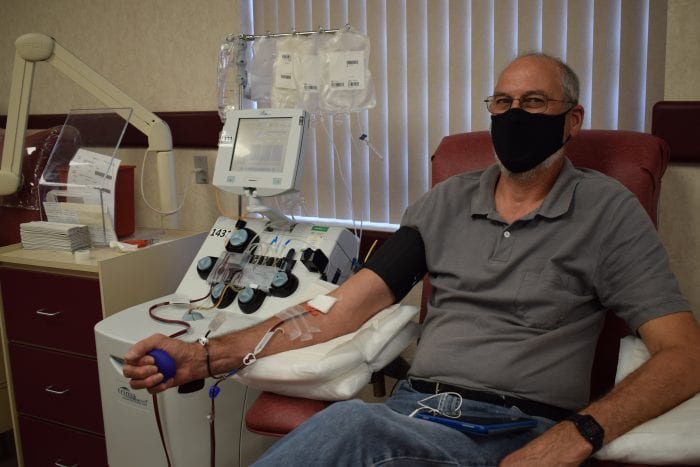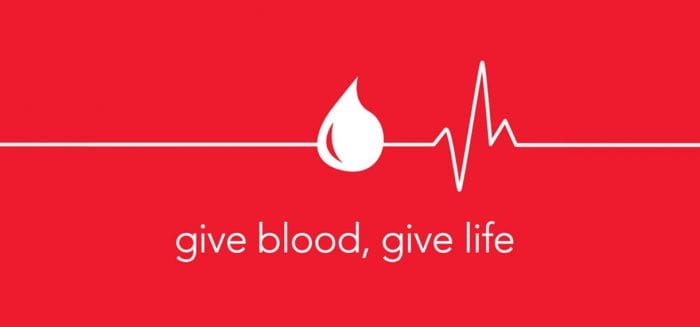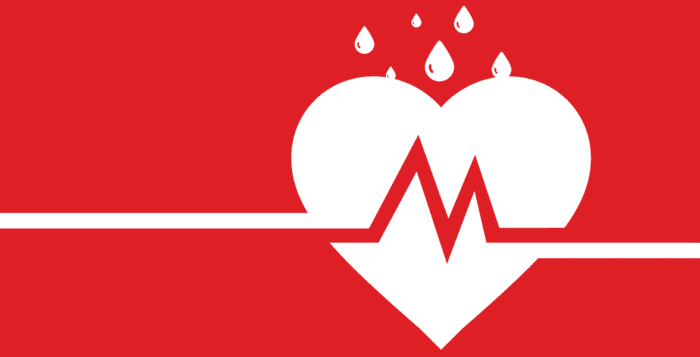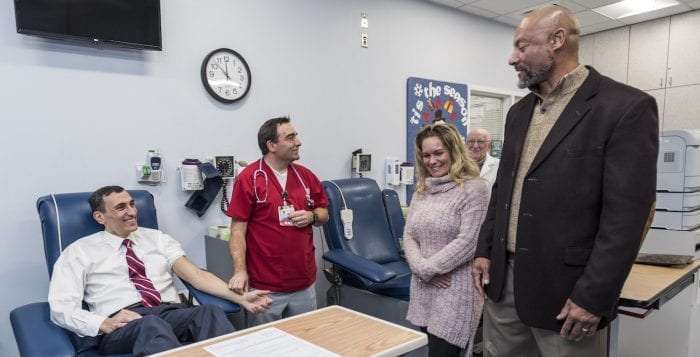New York Blood Center (NYBC) has declared a blood emergency due to a significant drop in blood donations following a holiday season of alarmingly low donor turnout. NYBC has seen a nearly 30% drop in donations in recent weeks which has resulted in 6,500 fewer donations and crippled the region’s blood supply. Donations of all blood types are urgently needed – especially Types O- and B-, which are down to dangerously low 1-3-day supply.
Blood donations typically decrease during the holiday season, but January poses additional challenges: inclement weather causing blood drive cancellations, flu, COVID, and RSV reducing donor eligibility, and schools and workplaces hosting fewer drives during holiday breaks. These factors have strained an already fragile blood supply, which is critical for surgeries, trauma care, cancer treatments, and managing chronic illnesses. Hospitals and patients depend on a steady stream of volunteer donors, yet the past few years have seen persistent, nationwide blood shortages.
“The months following the holiday season are always a difficult time for the blood supply, with an increase in seasonal illness and inclement winter weather impacting donations,” said Andrea Cefarelli, Senior Vice President at New York Blood Center. “The drop in donations serves as a critical reminder of the fragility of our nation’s blood supply. We’re urging all eligible New Yorkers to start the new year by saving lives – schedule a donation today and bring a friend to double the impact!”
“New York State is facing a critical blood shortage, and the need for donors has never been more urgent. A blood donation helps patients undergoing surgeries, trauma care and treatments for chronic illnesses,” said New York State Health Commissioner Dr. James McDonald. “Please roll up your sleeve and help your community during this blood emergency—your donation can save lives.”
“As the largest healthcare provider in the State of New York, Northwell Health is deeply grateful to partner with New York Blood Center to support the urgent needs of the blood emergency,” James Martone, Assistant Vice President, Clinical Laboratory Operations, Transfusion Medicine, Northwell Health Laboratories. “We thank and encourage all community blood donors to roll up their sleeves to meet our patients’ transfusion needs now and throughout the year. Countless lives are saved thanks to the selfless generosity of these individuals.”
January is National Blood Donor Month, which aims to raise awareness about the importance of blood donation and recognize the lifesaving impact of voluntary blood donors. Proclaimed by President Richard Nixon in January 1970, this annual observance remains vital to raising awareness and strengthening the blood supply during a critical time of year.
Blood donors can give every 56 days, and platelet donors can give twice per month. The Food and Drug Administration (FDA) recently lifted several blood donor eligibility restrictions. To view current eligibility guidelines, visit nybc.org or call 800.688.0900.
To make an appointment, donors can call 1-800-933-2566 or visit nybc.org. Can’t donate blood? You can still make a lifesaving impact by supporting NYBC’s mission through financial contributions or volunteering your time. Click here to learn more.









